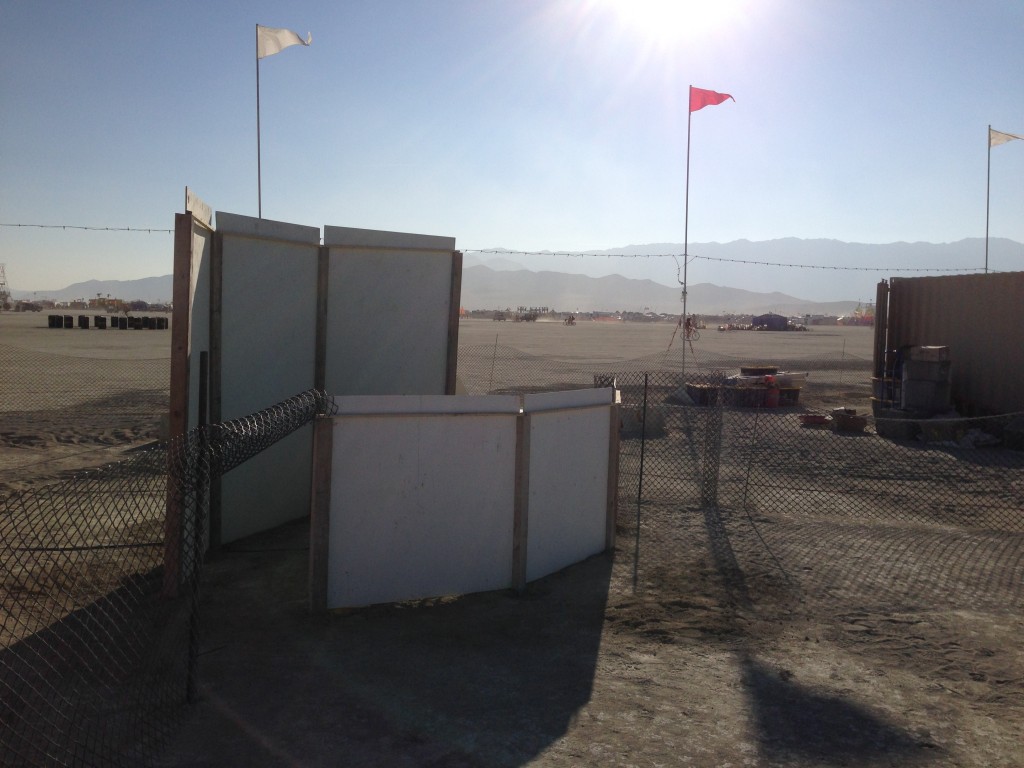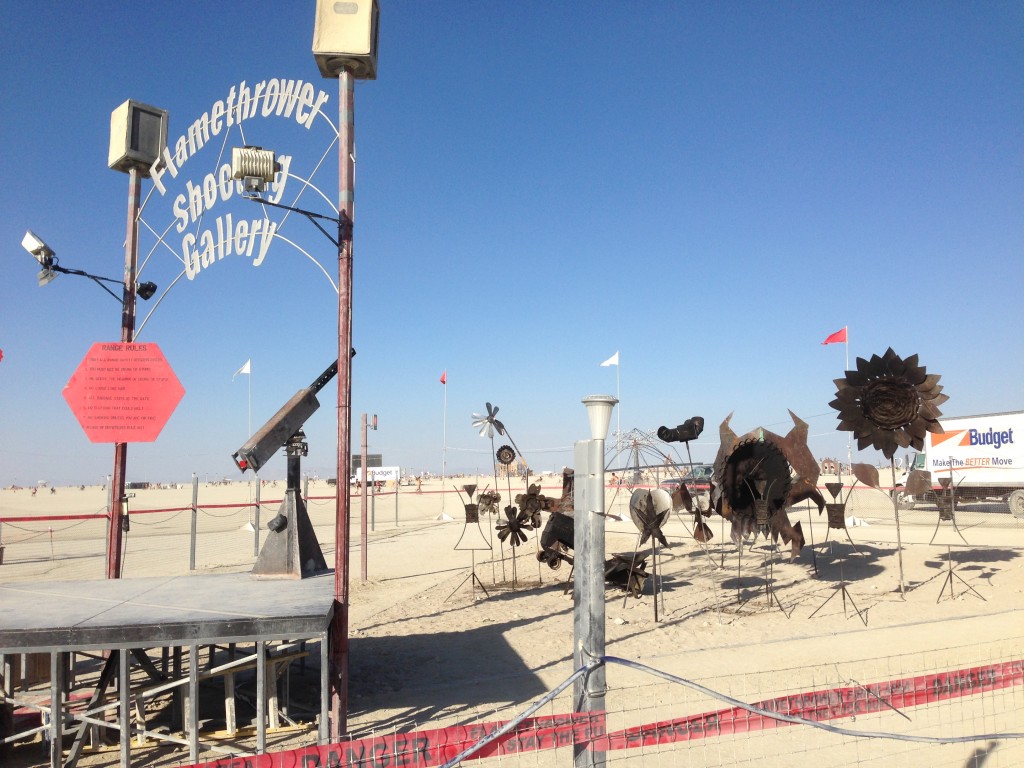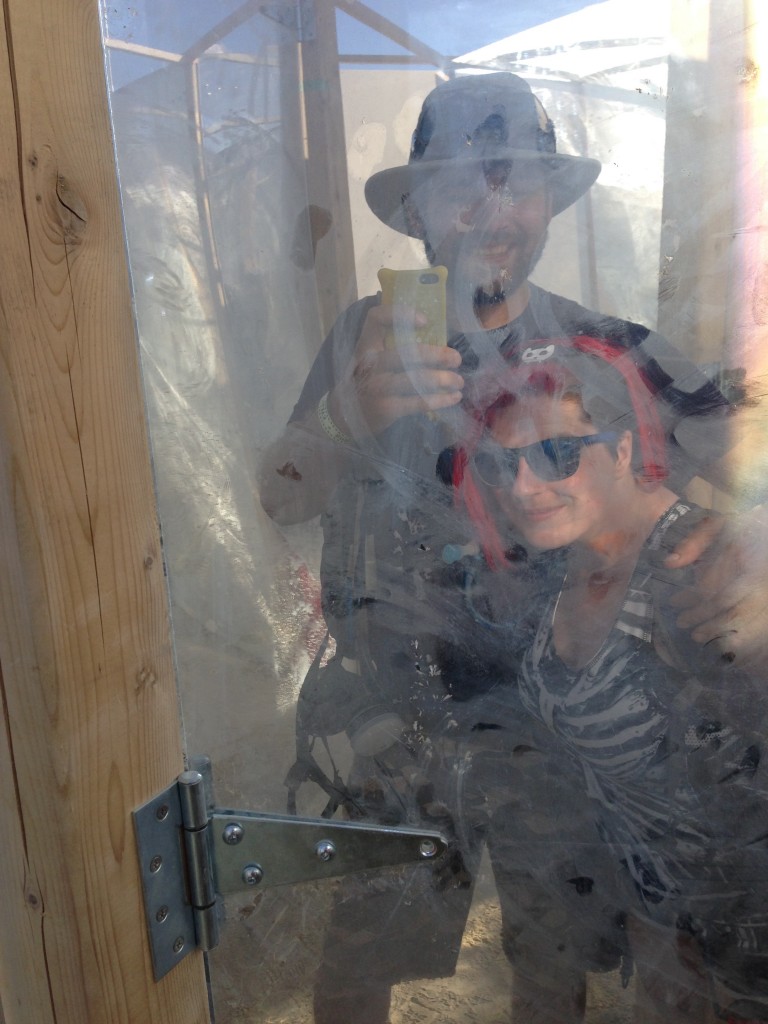He had to admire the the gall of the programmer who wrote the error messages.
“Senseless Juxtaposition of Wildcards.”
It might as well have said:
“Grow a brain!”
Or:
“Try listening to classical music.”
But then it got him thinking…
What would be a senseful juxtaposition of wildcards?
First, we would have to make a list of possible wildcards:
The ‘standard’ wildcard character, specifically referring to a character is the question mark, ‘?’. Generally standing in for any one of some set of things (or in Perl, 0 or 1 of a thing).
The ‘larger’ wildcard character, ‘*’, which stands for any number of something (including 0), sometimes expressed as ‘%’, if you’re speaking SQL.
The ‘even larger’ wildcard character, ‘…’, which is like a recursive ‘*’.
But could there be something larger still? Something which climbs the directory hierarchy in the oppsosite direction, perhaps? Something which can make it past all of the automatic filters, but is clearly wrong? Something like typing ‘NaN‘[1] into a number field box? Something which steps outside the usual boundaries, like Thiotimoline?
In a biological context, there are entire alphabets of more-and-less-specific wildcards.
So, knowing all of this, what would be a senseful juxtaposition of wildcards? Something like ‘**’, or ‘?*’, or ‘*?’ would be meaninglessly equivalent to ‘*’.
You could attempt to mix SQL with bash-isms: “WHERE ID LIKE ‘%*’ “, showing that you expect an SQL character string followed by a bash character string, but that is again non-sensical.
Maybe it would have to be something like ‘hello??????'[2], to say that there are 6 characters of some type after your ‘hello’.
But there it was. The senseful juxtaposition of wildcards… bash statements inside command-line SQL statements.
That was it! But he had to think. How would he use this?
[1]And like the link says, you really don’t want to confuse it with NaN3. You really don’t want to confuse *anything* with NaN3.
[2]Or ‘hello……’.











!["Hello!" [waves eight times]](http://nayrb.org/~blog/wp-content/uploads/2016/07/IMG_1385-copy-768x1024.jpg)


















!["If it was nighttime, I could breathe fire like this!" [WOOSH]](http://nayrb.org/~blog/wp-content/uploads/2016/07/IMG_1322-e1467522851863-1024x768.jpg)













